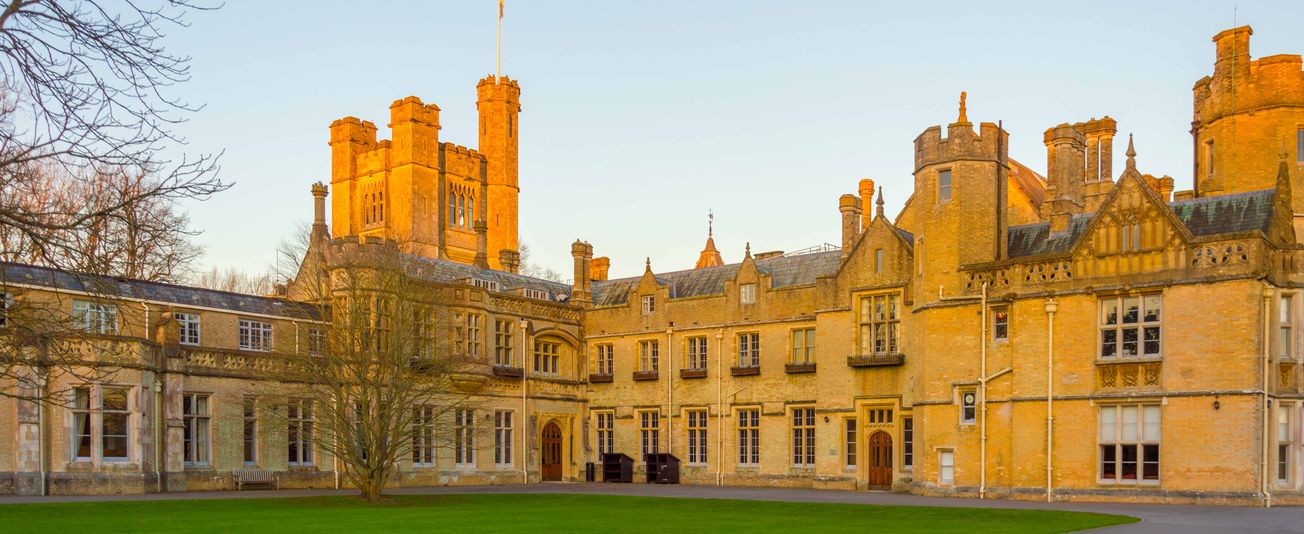By Dylan Woodward, Secretary, Bristol Labour Students
Abolishing private schools is not radical, it is establishing the equality our society should desire.
Only 7% of children in the UK go to private schools, yet that 7% go on to dominate the top jobs across our society. Whether it’s in government (55% of permanent secretaries in Whitehall, 50 % of Cabinet ministers and members of the House of Lords), the state bureaucracy (74% of senior judges, 71% of senior officers in the armed forces), the media (43% of newspaper columnists), or even sports and culture (67% of Oscar winners, 50% of Team GB), you can be pretty certain that the privately educated will be over-represented.
This is the number of Team GB medal winners who went to private school https://t.co/8jpVb6NRN8
— The Independent (@Independent) August 24, 2016
These numbers should cause outrage in a society that claims to support equality of opportunity, but those who speak out about this are all too often shouted down as radicals. Even calls for minor reform, such as removing private schools’ charitable status, are met with hysteria and accusations of class war.
Something needs to change. Private education isn’t just grossly unfair in the abstract (why should a child’s life chances be determined by the wealth of their parents – something they have no more power over than the colour of their skin), it also has a tangible human cost.
This is because buying your child a better education, unlike buying them a material commodity like a car, has a direct impact on the life chances of others.
For every student able to get into a top uni off the back of their private education, an equally bright student without that advantage is necessarily kept out.
There are a limited number of spaces at top universities – at Bristol last year there were over 8 applications per place. The same is true of certain internships and top jobs, which are by their nature competitive and exclusive. In that context buying your child a foot up means disadvantaging someone else’s child.
For every student able to get into a top uni off the back of their private education, an equally bright student without that advantage is necessarily kept out. Not only does this directly affect people’s future earnings, but on a more human level it affects their capacity to pursue their personal ambitions and lead the life they’d freely choose.
So what needs to happen? In simple terms, private schools need to go. They don’t have to be abolished overnight, we could instead opt for the ‘slow and peaceful euthanasia’ that Robert Verkaik suggests – either way we need the government to take a clear stance that private education is incompatible with a society that preaches opportunities for all.
But what about the rights of parents? Surely they should be allowed to do all they can to give their child the best start in life? Let’s be realistic. As David Kynaston points out, for most parents this is a “phantom right”. The best estimate puts average private school fees in the UK at over £17,000 a year – wildly out of reach for the majority of the population. Besides, it’s the child and by extension their peers’ life chances which are profoundly affected by this decision but it’s not their money being spent. To quote Kynaston again, “no child has earned the right to a better education, just as no child has failed to earn that right.”
What about quality then? It might be unfair that some people get a private education and some don’t, but if private schools churn out the best students then surely they deserve the top spots?
Interestingly, research consistently shows that if you take a state and a private school student with the same grades at A-level, the state school student is statistically more likely to come out with a better degree.
In simple terms, private schools need to go.
What this suggests is that a private education, rather than making someone a better student, simply gives an artificial boost at A-level; perhaps as a result of smaller class sizes or specialist tuition. On this basis, admissions based simply on A-level results (i.e. without taking context into account) don’t just result in an unrepresentative cohort – but with universities actively rejecting better quality students.
As those who study at an elite university we’re uniquely placed to help tackle this issue. We need to call on UoB to adopt concrete reforms – be that a quota system as suggested by Robert Verkaik or more meaningful contextual offers that take account of the significant advantage a private education buys.
Whatever form it takes change can’t come soon enough.
Bristol Labour Society and the 93% Club are undertaking a collaboration tackling education equality.Their next event is on Thursday 8th November.
Featured Image: Flickr/JackPeasePhotography
Twitter // Epigram Comment // Facebook









